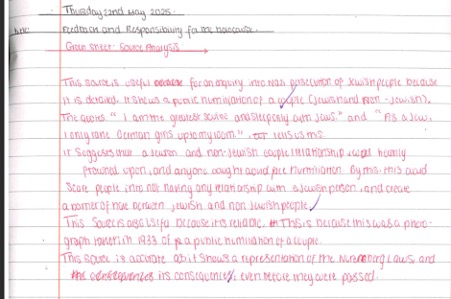
Why isn’t cold-call a type of Checking for Understanding?
If you had two or three children in your class, cold-call would give you a big enough sample to be confident that your students get it.
A class of 20, however, is much too big. That’s why MWBs are so good for checking… as long as you can see and act on everyone’s response.
So why use Cold-Call? Cold-Call does a couple of things well:
- It lets students know that they might be expected to take part (or get caught out);
- It makes an explanation feel more like a conversation and
- You can use it to celebrate good answers from everyone.
Cold-Call goes wrong when:
- a student’s answer confuses everyone and
- the teacher thinks that one student has got it, so everyone must have got it too.
Are Your Pupils in Passenger Mode?
Many of us are involved in Reading Plus in our classes.
Last week, Kimberly Morton (Principal at PVPA) and I closely observed three pupils who were using Reading Plus, but not passing quizzes.
All three pupils performed MUCH better than usual: two passed and one went from an average score of 50% to 75%. All Kimberly and I did was watch.
We suspect that these children are usually in “passenger mode” – like sitting in a car, not paying attention to the route. These pupils were decoding the words, but not thinking about the meaning. Being watched by Kimberly and me gave them enough motivation to think.
On reflection, passenger mode isn’t really surprising. Unless I need to understand a text for a good reason, I find myself drifting off and skimming. Comprehending takes effort.
Knowing that I’m going to have to do a quiz would probably help, especially if I thought someone was going to pay attention to my score. I could carefully read an article about almost anything if I thought someone was going to ask me questions about it later.
Some of our pupils are making excellent use of Reading Plus. Others need our help. I don’t think they are being lazy: they just need a boost.
Reading Plus might be a canary in a coal mine: it lets us see when pupils are in passenger mode. How can we tell in other lessons? I think high participation ratio and high think ratio activities are the key – with plenty of Checking for Understanding.
Ben Rogers – Director of Pedagogy and Curriculum
Weekly Writing Outcome #33
Disciplinary
This week’s WWO comes from a Year 9 pupil at Ipswich Academy. The remit was to analyse a source of information regarding the Holocaust and provide a written response as to the authenticity and usefulness of the source.
We have chosen this piece because of the following:
- it follows the ‘Detail, Accurate, Reliable’ formula;
- it uses accurate quotes/descriptions from the source;
- these descriptions are explained in relation to the utility of the source;
- the provenance of the source has been analysed in relation to the utility of the source;
- signposting has been used to guide the reader through the analysis.

